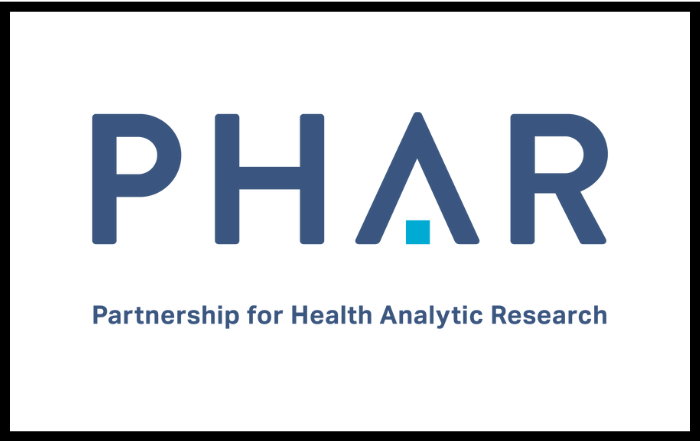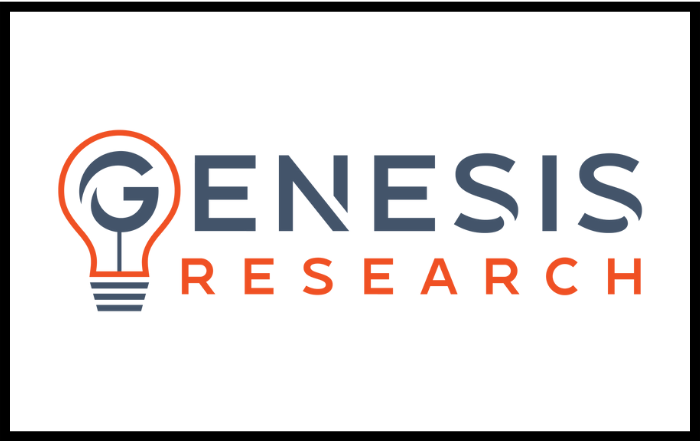This short course will focus on the recent ISPOR Special Task Force Report, “A Health Economics Approach to US Value Frameworks.” It will begin with an overview of recent US value assessment frameworks, with emphasis on the importance of perspective and decision context in the construction and use of value frameworks. It will then review how a health economics approach from a societal or health plan perspective leads to use of cost-effectiveness analysis (CEA) to help guide efficient resource allocation.
There will be in-depth discussion of how measuring some aspects of the value of health benefits could augment the standard cost-per-quality-adjusted-life-year metric for CEA. Elements such as value of insurance, value of “hope,” real option value, severity of illness, and several others, have the potential to better capture how patients and/or society value the benefits of some treatments; each one is based on some research findings and some case examples will be shown.
The course will then review how budget considerations, cost-effectiveness thresholds, and opportunity costs enter CEA-based decision-making. Next faculty will review broader approaches to cost-benefit aggregation and value-based decision-making, including extended CEA, augmented CEA (introduced by this Report), and multi-criteria decision analysis (MCDA), with an overview of issues and new approaches to MCDA. It then discusses the strengths and weaknesses of recent US value assessment frameworks from this health economic perspective and closes with a review of the high-level recommendations of this Special Task Force.
Click here for additional information and registration details.



